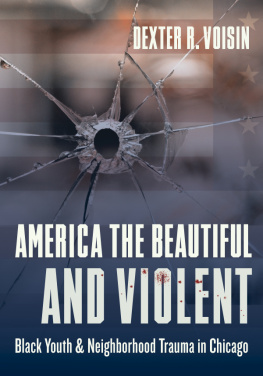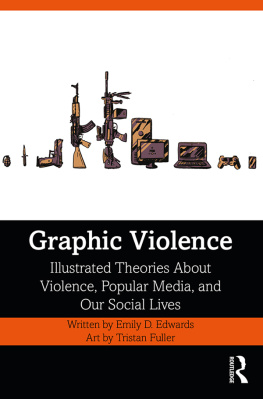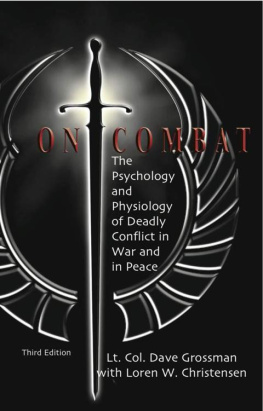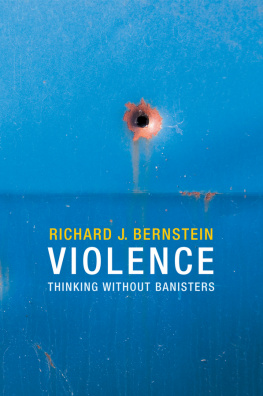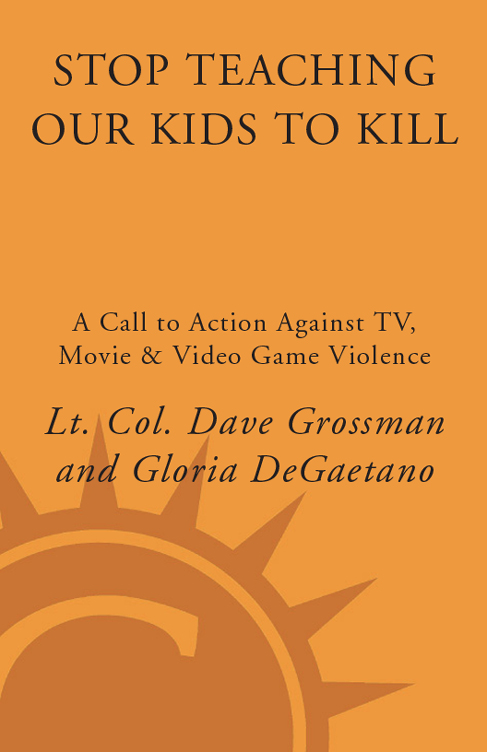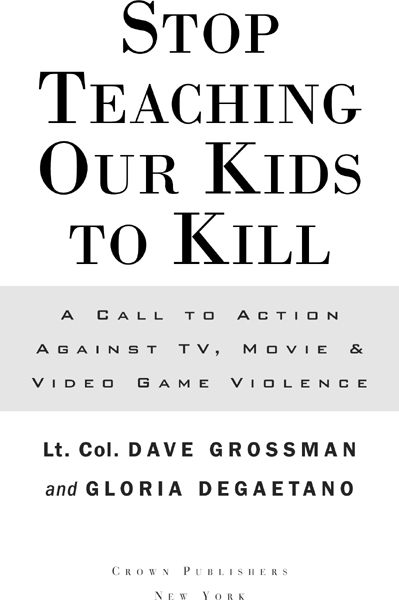ACKNOWLEDGMENTS
It takes a village to make a book! And there are many members of my village whom I would like to thank.
First and foremost is my friend and coauthor, Gloria DeGaetano, whose tremendous qualifications, in-depth research, hard work, and positive spirit have made this book possible.
To Doug Pepper, our editor, who has been a friend, coauthor, and fellow believer. To my agent, Richard Curtis, who may have been the very first to truly believe in this book.
To my sainted wife and dearest friend, Jeanne. To Susan Tacker, my assistant and a true gift from above just when we needed her. To my fairy godmothers and my wicked stepsisters, who helped us to make some sense out of the senseless tragedy that struck in Littleton.
To Jack Bowers and Linda Graham and the magnificent group whom I had the privilege to serve beside in Jonesboro after the unthinkable happened there. To my brothers-in-arms and fellow trainers in the law enforcement community. To my tremendously supportive leaders, friends, peers, and students at Arkansas State University.
To my three sons, Jon, Eric, and Joe, who lost a part of their Dad but can turn to the pages of this book, and the fruits thereof, to see where he went. And to Mom and Dad, who taught me to love books and never lost faith, and then had to depart just before I could finish this one.
And to so many others, in the realms of military, peace, academia, medicine, and education, who believed and supported. To all of these I extend my undying thanks and gratitude. May we, together, help to make things just a little better.
Lt. Col. Dave Grossman
This book brewed inside me for over a decade. I am so grateful to Dave Grossman, warrior with heart, for helping pull it out of me. His leadership, passion, and uncompromising standards for making a better world inspire us all!
I am very thankful for the commitment and determination of all the people at Crown. Their dedication to this book juiced up the process and spurred needed energy to meet impossible deadlines. Doug Pepper, senior editor, has my sincere respect and appreciation for all the time, energy, and talent he put in helping us craft a more coherent, incisive manifesto. And, as always, my gratitude continues for Peter Cox, my agent, essential and excellent supporter of my dreams!
Dr. Brandon Centerwall and Dr. Don Shifrin have graciously shared so much of their knowledge over many conversations. They have been not only good buddies throughout the process, but also indispensable experts in keeping us accurate and on track. Thank you so much!
At times writing this book caused the college-type panic when six papers were due immediately. When that happened, friends and family provided comfort and backbone. Pam Bartlett, Lynn Haney, Anna Schwartz, and Wendy Johnson are four powerful women who know how to nudge and nurture. I am deeply indebted to my wise mother, Ida DeGaetano, for her sage advice and understanding that chicken did, indeed, come to prove it! My sister, Barbara, brother, Al, and their families have been a welcome cheering squad. My sons, Matt and Adam, gave me much-needed guidance, heated debates and all. And of course, thanks to my ever-encouraging husband, David Moore, whose intelligent insights and generous spirit are reflected on every page.
Gloria DeGaetano
CONTENTS
INTRODUCTION
[The entertainment industry] and the rest of us cannot kid ourselves. Our children are being fed a dependable daily dose of violenceand it sells. Now, thirty years of studies have shown that this desensitizes our children to violence, and to its consequences.
We now know that by the time the typical American child reaches the age of eighteen, he or she has seen 200,000 dramatized acts of violence, and 40,000 dramatized murders. Kids become attracted to it, and more numb to its consequences. As their exposure to violence grows, so, in some deeply troubling cases of particularly vulnerable children, does the taste for it. We should not be surprised that half the video games that a typical seventh-grader plays are violent....
What the studies say, quite simply, is that the boundary between fantasy and reality violence, which is a clear line for most adults, can become very blurred for vulnerable children. Kids steeped in the culture of violence do become desensitized to it and more capable of committing it themselves.
That is why I have strongly urged people in the entertainment industry to consider the consequences of what they create and how they advertise it. One can value the First Amendment right to free speech and at the same time care for and act with restraint.
President Bill Clinton, June 1, 1999
OBSERVATIONS FROM JONESBORO, ARKANSAS
BY LT. COL. DAVE GROSSMAN
I am from Jonesboro, Arkansas. I travel the world training medical, law enforcement, and U.S. military personnel about the realities of warfare. I try to make those who carry deadly force keenly aware of the psychological impact of killing. In my various capacitiesWest Point psychology professor, chair of the Department of Military Science at Arkansas State University, military historian, army rangerI combine different perspectives to help people understand how to deal with and prevent killing.
So here I am, an expert in the field of killology, as it is referred to, and a school massacre of terrible proportion happens right in my backyard. (At the time it was the worst such massacre in American history; the events in Littleton, Colorado, just over a year later would claim that awful distinction.) It was March 24, 1998; a schoolyard shooting that left four girls and a teacher dead. Ten others were injured and two boys, ages eleven and thirteen, were convicted of murder.
I spent the first three days after the tragedy at Westside Middle School, where the shootings took place, working with the counselors, teachers, students, and parents. None of us had ever done anything like this before. We all felt that there were lessons to be learned, and perhaps the most important one is this: children do not naturally kill.
A teacher at Westside High School told me about her students reaction when she went in and told her class that someone had just shot a bunch of middle schoolers. They laughed, she told me in dismayed amazement. They laughed. I suppose they may have laughed because they thought the teacher was joking. Or because it was the only, absurd reaction to a truly absurd and horrifying event. But she and I both believed they did so because they have been raised and educated not to take killing seriously. For them violence doesnt hold consequences. Tragically, for many of our kids the loss of human life to violence has become a joke.
There are many explanations for this behavior, but violent entertainment programming is at the top of the list. Children are bombarded with thousands of violent acts on television at a young, vulnerable age when they literally cannot tell the difference between reality and fantasy. As violence is played for laughs and cheers on TV and in the movies, our kids eat their favorite snacks and giggle as the body count rises. We are raising generations of children who learn at a very early age to associate horrific violence with pleasure and excitementa dangerous association for a civilized society.


